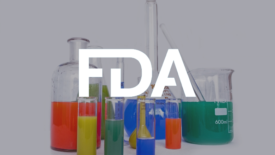Home » Keywords: » chemicals in food packaging
Items Tagged with 'chemicals in food packaging'
ARTICLES
Never miss the latest news and trends driving the food safety industry
eNewsletter | Website | eMagazine
JOIN TODAY!Copyright ©2025. All Rights Reserved BNP Media.
Design, CMS, Hosting & Web Development :: ePublishing











